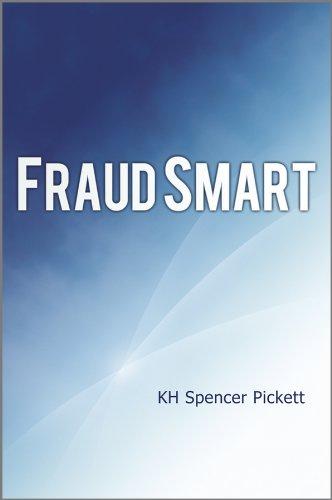| Question 32.32. At the beginning of the year, Joe's basis in his partnership interest was $5,000. During the year, Joe contributed $10,000 in cash to the partnership & signed a bank loan to be personally liable for the partnership's debt of $25,000. For the current year, the partnership allocated a loss of $60,000 to Joe. In the following year, Joe's portion of the partnership income is $30,000. Which of the following is accurate? (Points : 1) | In the following year, Joe's reportable taxable income from the partnership is $10,000. Joe's basis in his partnership at the end of the year is $15,000. Joe may deduct all of the $60,000 loss in the current year. Joe may carry over a $45,000 loss to the following year. |






